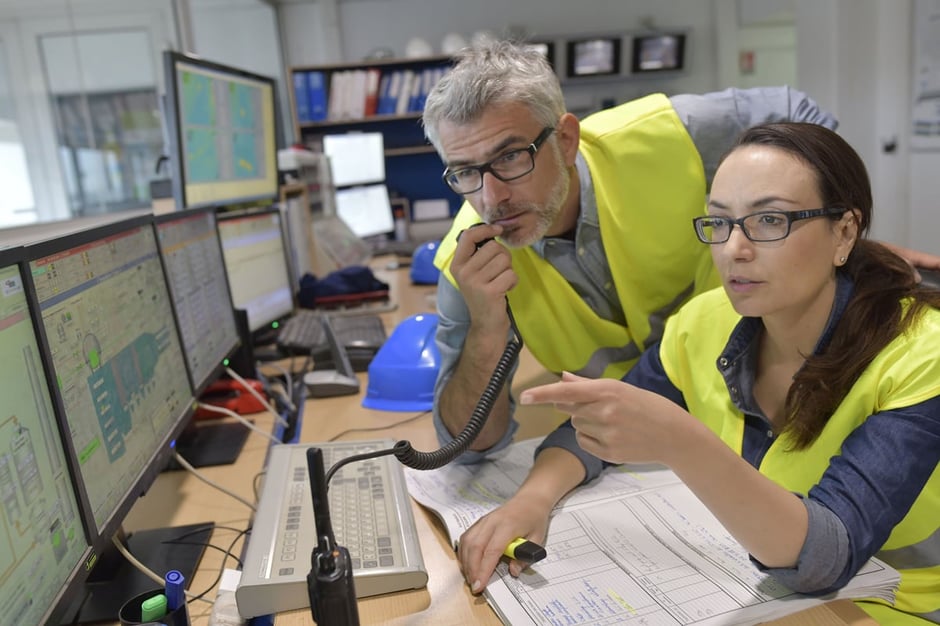Ever misplace something important? Ever have too many important things on your to-do list and can’t decide which one to take care of first? These issues can be stressful for anyone. Now imagine you’re in charge of a chemical process unit worth millions and millions of dollars, making chemicals that, if not handled correctly, could cause great harm to the environment, your company’s bottom line, or even human life. Think that’s stressful?

Chemical operators deal with this reality every time they are on shift. During their shift they have many tasks to accomplish but one of their to-do lists takes the form of the alarm summary screen on their operator console. When the process is running well there are hopefully no active alarms. When an alarm does come in it needs to be dealt with. Or does it?
When designing a control system, it is tempting to program alarms on every instrument. Lots of alarms. Low-Low, Low, High, High-High, Deviation, Rate of Change, etc. If a very low priority alarm (or something that shouldn’t be an alarm at all) activates and becomes a distraction to the operator, a more important alarm might get missed. It may be interesting to the operator to know that feed tank 53 is full of material but if the operator won’t do anything about that high-level alarm, why distract them with that information? Does your car’s dashboard have an illuminated indicator that alerts you your fuel tank is full? Now, a low or low-low level in either tank 53 or your car’s tank might be a different story.
The concept of alarm rationalization is not a new one, but it has received quite a bit of attention in the chemical process industry over the last two decades. Rationalizing alarms is just one important step of a good alarm management system. Each potential alarm point should be justified, documented, prioritized, and classified. The goal is that every alarm that appears on the console should be something that an operator can and should take action on. If they are not sure what to do, there should be a quickly accessible (just a click away) document that explains possible reasons why the alarm occurred, potential impacts if it is not resolved in a timely manner (safety, environmental, financial, etc.), and what the operator should do to remediate the situation. Does your alarm system do that? If not, I bet your operators wish it did!
As part of our wide array of automation system offerings, Applied Control Engineering, Inc. helps our customers develop an alarm philosophy, rationalize their alarms, and implement systems that provide the type of documentation explained above. The benefits of a well-managed alarm system can be immeasurable. Please contact us today to see how ACE can help you get control of your alarm systems.
Download our white paper, Fighting the Alarm Flood: How to Implement Alarm Rationalization in Your Plant, to learn more about ensuring the right alarms are delivered and received at the right time.

